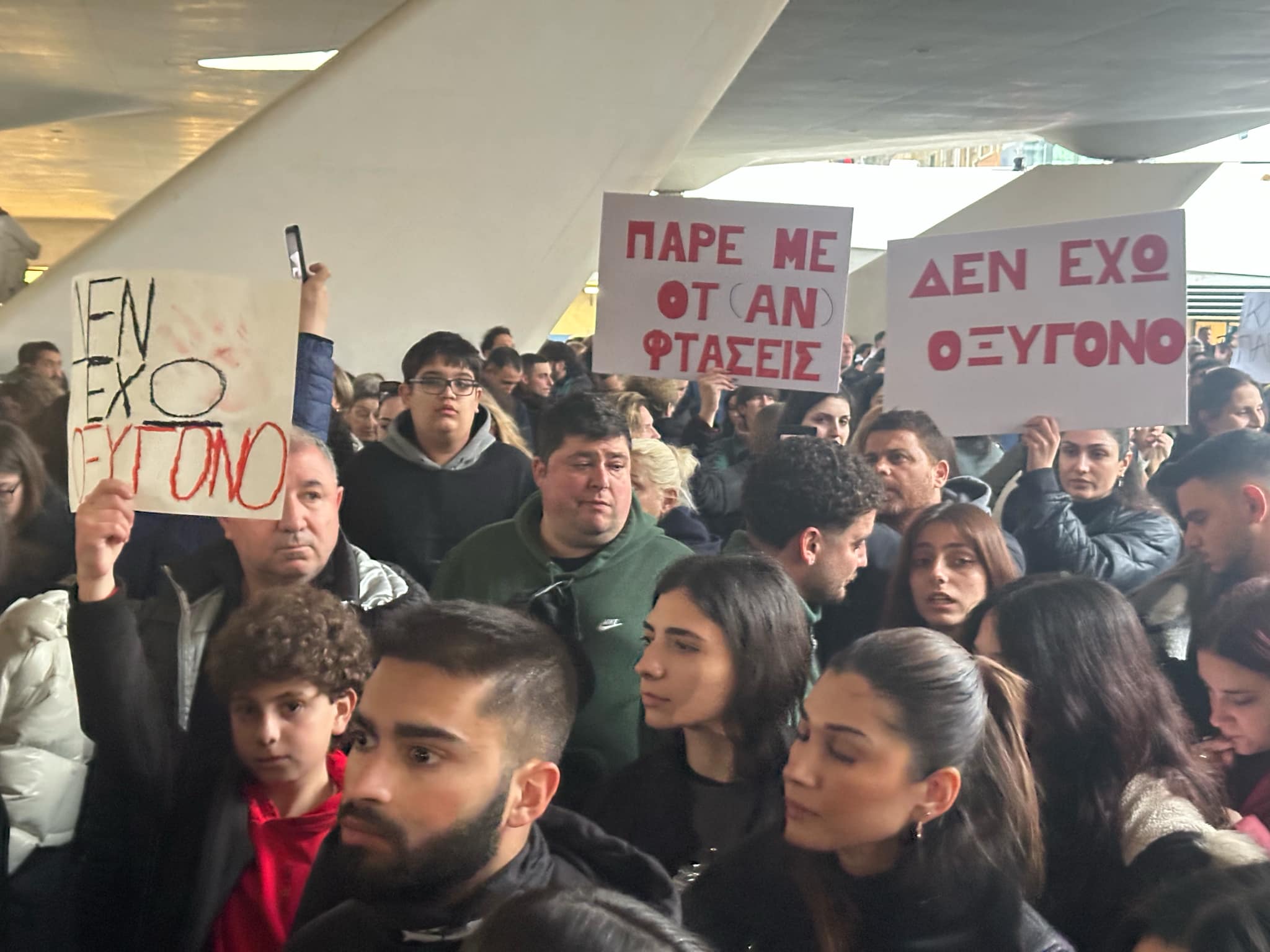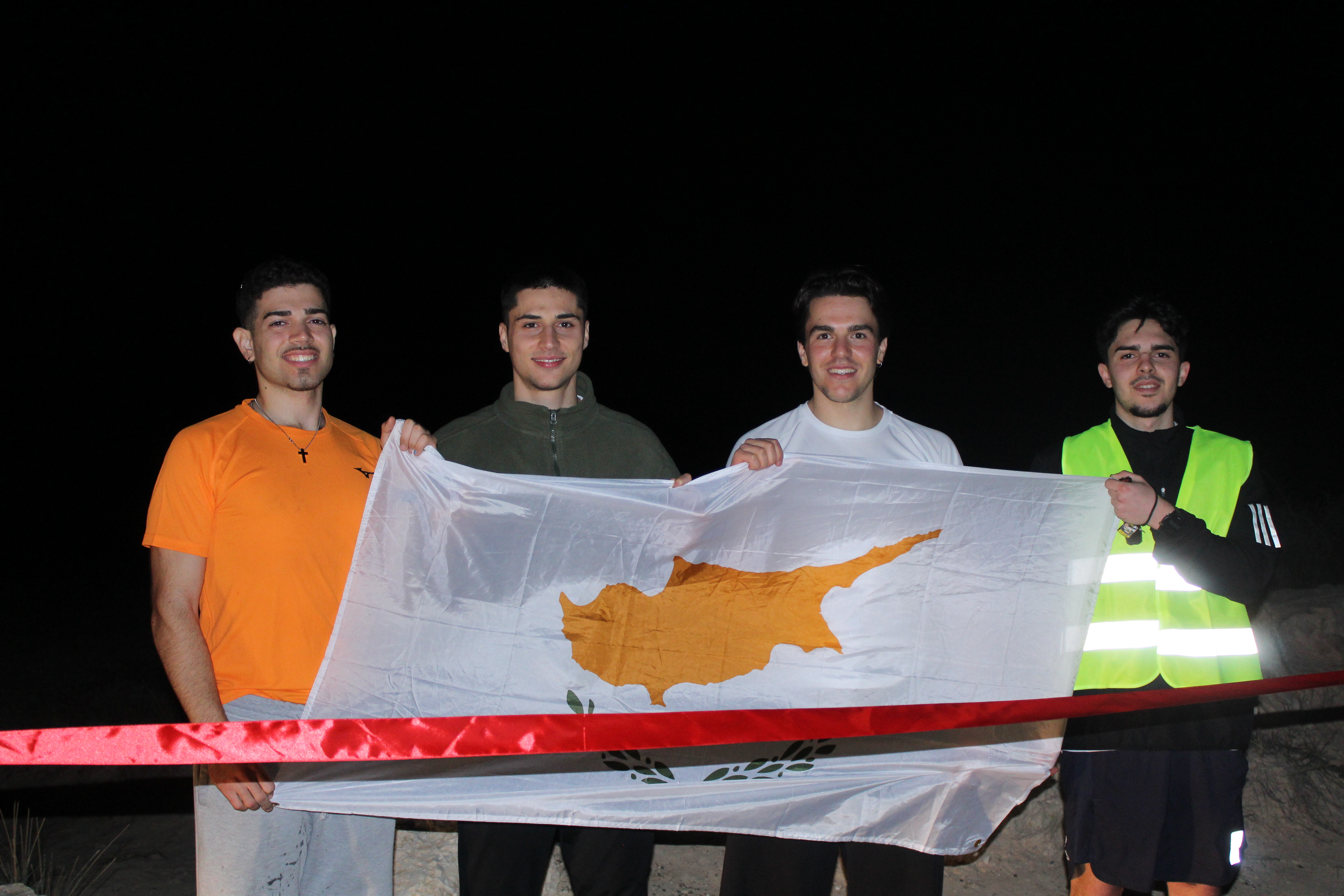A new bill setting legal rules for public demonstrations aims to introduce three criminal offences linked to violent behaviour during protests, Justice Minister Marios Hartsiotis told the House legal affairs committee on Wednesday.
He stressed that the aim is not to ban gatherings, but to ensure peaceful assembly through clear procedures and responsibilities. Under the bill, organisers would not need prior approval for peaceful demonstrations. Instead, they would be required to inform local authorities, who would then coordinate with the police.
“The purpose is to safeguard the right to peaceful assembly,” Hartsiotis said, rejecting what he called “misinformation” about the bill.
He explained that the chief of police would be allowed to impose restrictions only in specific cases, such as limiting the route, location or timing of a protest, after consulting with the organiser and local authority. These measures would focus on ensuring public safety and access to services, without banning the protest entirely.
A protest could only be dispersed if it turned violent or violated agreed restrictions. In such cases, police would need to follow a defined process, including a two-step warning system before intervening. The law would also set up an online platform where the police would post information on upcoming demonstrations, traffic changes and legal obligations. Hartsiotis clarified that the suggested threshold of 20 people for the law to apply is not fixed and remains open to discussion.
The three new offences outlined include: inciting or committing violence to change the peaceful nature of a gathering; refusing to remove face coverings during protests if there is reasonable suspicion of violence; and hiding one’s identity after a formal dispersal order.
Ombudswoman Maria Stylianou-Lottides expressed concern over the bill’s preventive measures. She questioned the logic behind punishing individuals merely for covering their face based on assumed intent, calling for a review of proportionality.
“Intent alone should not be criminalised,” she said, warning that the proposed two-year sentence could breach rights protected by the European court of human rights (ECHR).
A representative of the law office said the bill had undergone a detailed legal check and drew directly from ECHR rulings. The aim, he said, is to protect potential victims in cases where protests risk turning violent.
Support came from the Cyprus police association. Spokesman Kyriakos Charalambous said the bill strengthens public safety without undermining democracy. The equality police union also backed the draft but called for it to include other types of public gatherings beyond parades and protests.
Not everyone agreed. Activists from the group “Kinima Energo” argued the bill grants “excessive powers” to the police, including control over where and when protests can happen. They called for clearer limits on state intervention in a “fundamental human right.”
Disy MP Nicos Tornaritis, who chairs the committee, said the current law dates back to colonial times and must be updated. He indicated that Disy’s own proposal would be withdrawn in favour of the government’s bill.
“Yes to demonstrations, yes to assemblies, these are constitutional rights,” he said.
“But we must also protect the safety and property of all citizens.”







Click here to change your cookie preferences